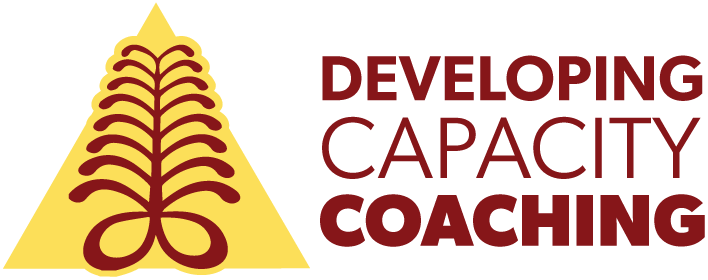Bridging Dialogue for Change™: A Session on Core Conflict Mediation Skills
In today’s polarized world, leaders are increasingly challenged to navigate difficult dialogues with care and compassion. This free workshop introduces core conflict mediation skills, offering participants a hands-on introduction to our Bridging Dialogue for Change™ (BDC) program. Our BDC program empowers facilitators with the skills and frameworks necessary for transformative dialogue and healing. It equips leaders to create brave spaces for open dialogue rooted in love, equity-centered practices, and active listening.
Through this workshop, you will explore conflict identification, active listening, and problem-solving orientations, with real-world applications to post-election tensions and rising global conflicts. You’ll also experience the mindfulness practice Anchors and Sanctuaries, a powerful tool for grounding leaders during challenging conversations.
Learning Outcomes
Recognize and Identify Conflict: Identify the early signs of conflict in polarized conversations and understand how to intervene effectively before tensions escalate.
Demonstrate Active Listening Skills: Enhance your ability to actively listen, ensuring all voices are heard, fostering trust, and creating an environment where difficult conversations can unfold productively.
Apply a Problem-Solving Orientation: Learn to approach conflicts with a problem-solving mindset, focusing on collaboration and finding common ground rather than allowing the conversation to become adversarial.
Navigate Post-Election and Global Conflicts: Develop specific strategies to handle conversations around post-election issues and rising global tensions, applying conflict mediation techniques to real-world scenarios.
Practice Conflict Mediation Skills in Real-Time: Experience a demo from the Bridging Dialogue for Change™ program, putting theory into practice and learning strategies to mediate difficult dialogues.
Integrate Mindfulness with Anchors and Sanctuaries: Leave with practical mindfulness tools, such as the Anchors and Sanctuaries practice, to stay grounded, resilient, and effective in managing emotionally charged conversations.

